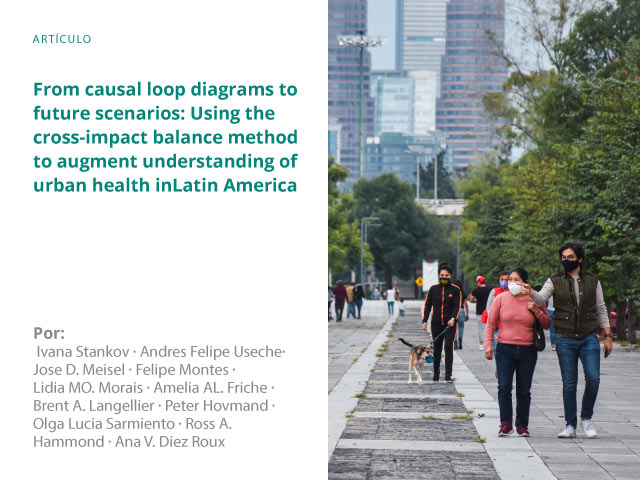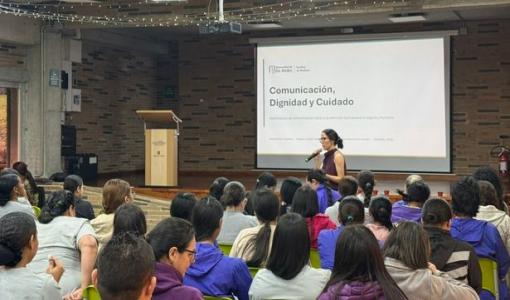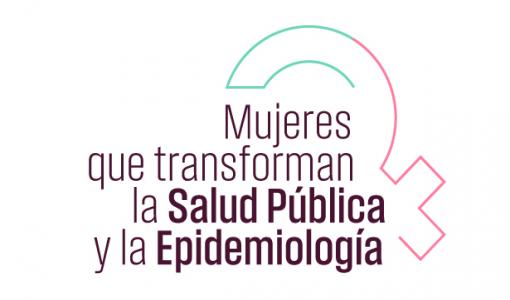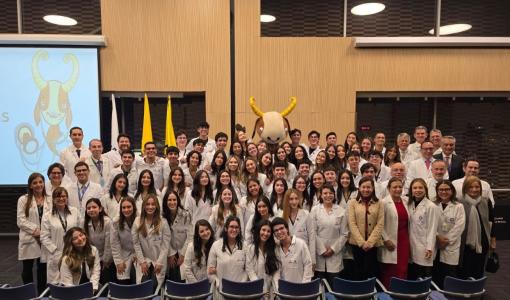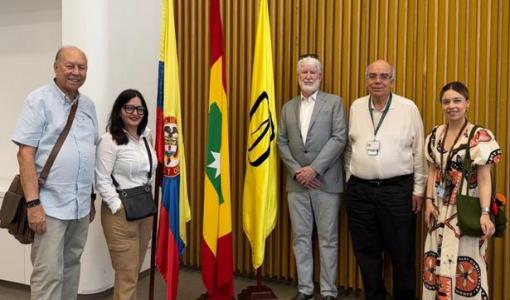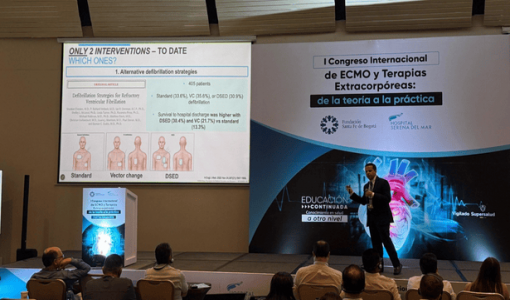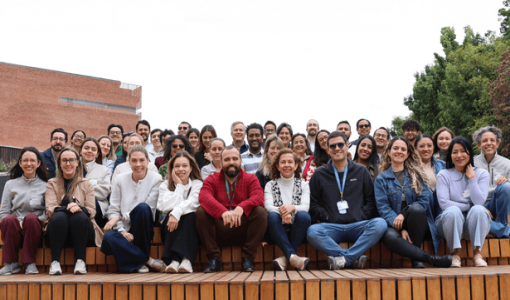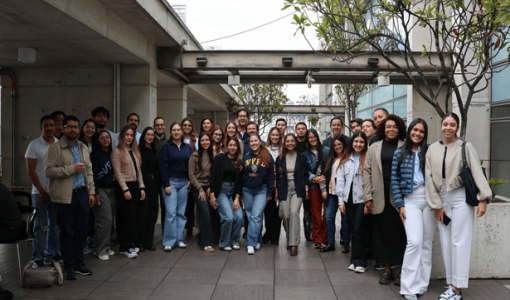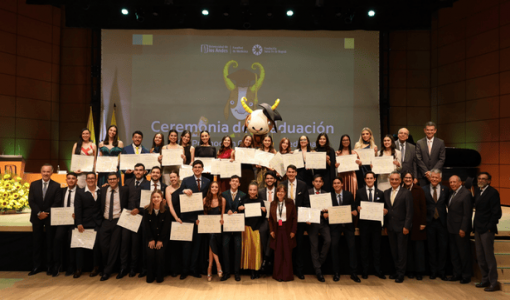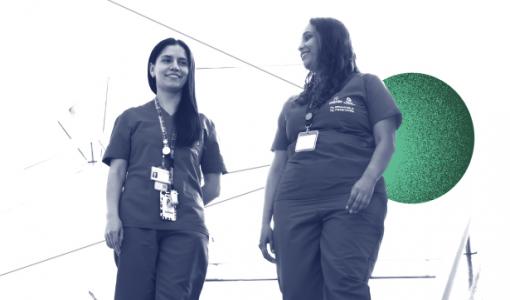[Artículo]
Los invitamos a leer el siguiente artículo que contó con la participación de la Dra. Olga Lucía Sarmiento.
Urban health is shaped by a system of factors spanning multiple levels and scales, and through a complex set of interactions. Building on causal loop diagrams developed via several group model building workshops, we apply the crossimpact balance (CIB) method to understand the strength and nature of the relationships between factors in the food and transportation system, and to identify possible future urban health scenarios (i.e., permutations of factor states that impact health in cities). We recruited 16 food and transportation system experts spanning private, academic, non-government, and policy sectors from six Latin American countries to complete an interviewer-assisted questionnaire. The questionnaire, which was pilot tested on six researchers, used a combination of questions and visual prompts to elicit participants’ perceptions about the bivariate relationships between 11 factors in the food and transportation system. Each participant answered questions related to a unique set of relationships within their domain of expertise. Using CIB analysis, we identified 21 plausible future scenarios for the system. In the baseline model, ‘healthy’ scenarios (with low chronic disease, high physical activity, and low consumption of highly processed foods) were characterized by high public transportation subsidies, low car use, high street safety, and high free time, illustrating the links between transportation, free time and dietary behaviors. In analyses of interventions, low car use, high public transport subsidies and high free time were associated with the highest proportion of factors in a healthful state and with high proportions of ‘healthy’ scenarios. High political will for social change also emerged as critically important in promoting healthy systems and urban health outcomes. The CIB method can play a novel role in augmenting understandings of complex urban systems by enabling insights into future scenarios that can be used alongside other approaches to guide urban health policy planning and action.
Leer el artículo completo aquí

